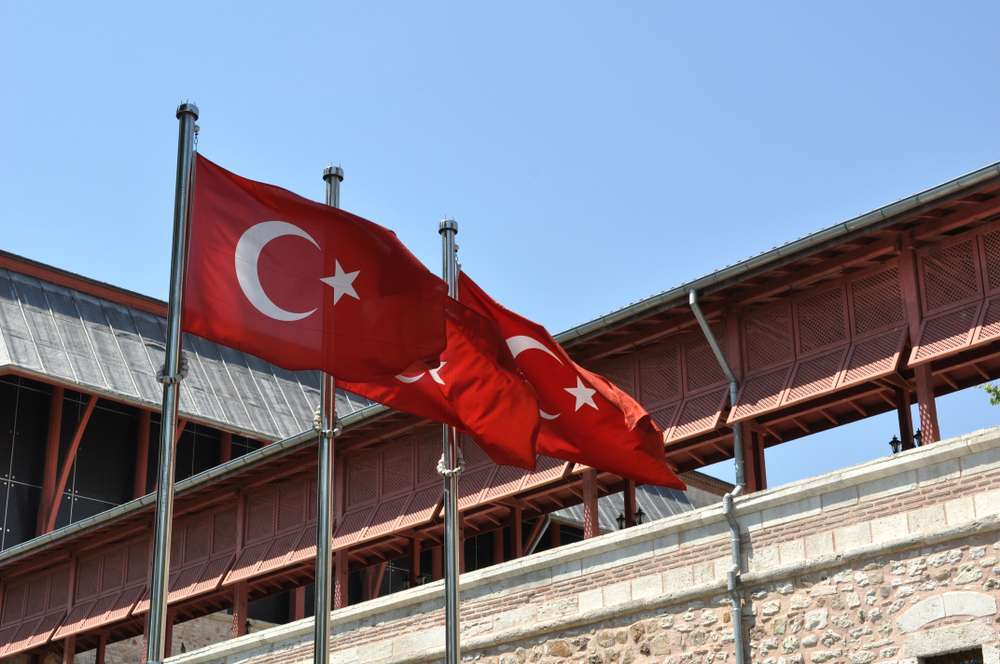Turkey, a country that straddles two continents, has long been celebrated for its rich history, cultural tapestry, and the synthesis of East and West. Beyond its iconic minarets and the mesmerizing call to prayer, Turkey is a nation where religious diversity flourishes. In this article, we embark on a journey beyond the minarets, delving into the multifaceted religious landscape of Turkey, where centuries-old traditions and modern expressions of faith coexist harmoniously.
Islam: A Kaleidoscope of Traditions
While Islam is the predominant religion in Turkey, the country is home to a diverse range of Islamic traditions. From the mystical practices of Sufism to the more mainstream Sunni and Shia branches, Turkey serves as a crossroads where various interpretations of Islam intersect. Historic mosques, like the Blue Mosque in Istanbul and the Selimiye Mosque in Edirne, stand as architectural marvels and spiritual hubs that welcome believers from all walks of life.
Christianity: Echoes of Byzantium
Turkey is steeped in Christian history, with a legacy that dates back to the Byzantine Empire. The Hagia Sophia, originally a Christian basilica, stands as a testament to this heritage, having served as a cathedral before being converted into a mosque and later a museum. The ancient city of Ephesus, with its well-preserved ruins, and the rock-cut churches of Cappadocia, bear witness to the early Christian presence in the region, providing a glimpse into Turkey’s rich Christian past.
Judaism: A Sephardic Legacy
Turkey has been home to Jewish communities for centuries, and the Sephardic Jews, who found refuge in the Ottoman Empire after the Spanish Inquisition, have left an indelible mark on the country. Synagogues in Istanbul, such as the Neve Shalom and Ashkenazi Synagogue, reflect the vibrant Jewish heritage in Turkey. The historic Jewish quarters, particularly in Istanbul and Izmir, showcase a harmonious coexistence of faiths and cultures.
Alevism: The Mystical Thread
Alevism, a distinct Islamic sect with unique rituals and beliefs, has a significant presence in Turkey. Alevis are known for their emphasis on spiritual equality, tolerance, and communal gatherings. The Alevi communities contribute to the diverse religious fabric of Turkey, with Cem Houses serving as spaces for their religious and social gatherings. Celebrations like the Hıdrellez Festival offer a glimpse into the mystical and cultural aspects of Alevi traditions.
Yazidis: Guardians of Ancient Beliefs
The Yazidis, an ancient religious minority with roots in Mesopotamia, have found refuge in various parts of Turkey. Known for their unique beliefs, which include reverence for Melek Taus (the Peacock Angel), the Yazidis maintain distinct religious practices. The sacred site of Lalish, located in the Dohuk Province, holds spiritual significance for Yazidis, and their presence adds another layer to Turkey’s religious diversity.
Turkey Visa for South African Citizens
Syncretic Practices: The Intersection of Beliefs
Turkey’s religious landscape is marked by syncretic practices, where traditions intertwine and blend. Folkloric rituals, pilgrimage sites, and sacred groves often merge elements of multiple faiths, creating a mosaic of beliefs that transcends rigid boundaries. This syncretism is particularly evident in the celebrations of traditional festivals, where locals from different religious backgrounds come together to honor shared cultural legacies.
Conclusion
Beyond the minarets that grace the skyline, Turkey unfolds as a vibrant canvas of religious diversity. The country’s rich history, marked by the rise and fall of empires and the confluence of diverse cultures, has given birth to a unique religious tapestry. As one explores the ancient mosques, churches, synagogues, and mystical spaces, it becomes evident that Turkey is a living testament to the harmonious coexistence of various faiths. Beyond the narratives of division, the nation serves as a bridge where religious traditions intersect, creating a cultural symphony that echoes through the centuries. In this mosaic of beliefs, Turkey stands not only as a destination for tourists but as a living testament to the beauty of religious diversity, where minarets, church spires, and synagogues coalesce in a celebration of shared humanity.
Read more: Strategic Alliances in Istanbul: Networking for Business Growth


